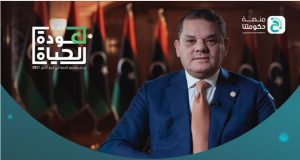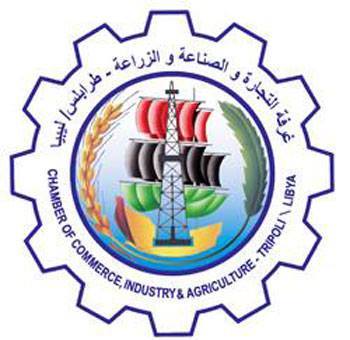By Sami Zaptia.

London, 6 January 2022:
In its data update yesterday on the government’s spending for 2021, the Central Bank of Libya (CBL) revealed that the current Abd Alhamid Aldabaiba Government of National Unity (GNU) had spent LD 17.4 billion in the development section of the 2021 budget. This comes in at 20 percent of the total spend for the year which came in at a total of LD 85.8 billion.
Moreover, the CBL in its notes to the data release revealed that the GNU had also spent another 7 percent of the total budget out of the LD 6.5 billion Emergency section of the budget which itself represented 8 percent of the total spending.
Hence, according to the CBL, this brings the total spending on development projects by the GNU out of the total 2021 outgoings to 27 percent. The CBL commented that in previous years development spending by governments did not pass the 4 percent mark.
Revival of Life
This then confirms the amount of development spending by the Aldabaiba government in his ‘‘Revival of Life’’ policy, including on roads, hospitals, schools, and housing projects – has seen a significant increase.
Critics of Aldabaiba had accused him of being all hype and of using smoke and mirrors to exaggerate the amount of spending he had undertaken as part of his election campaign. The CBL statistics seem to prove to the contrary. Indeed, they show that unlike the previous Faiez Serraj administration, the Aldabaiba administration seems to have spent highly on development projects.
Fortunately for Aldabaiba, he did not have to content with Khalifa Hafter’s war on Tripoli or a major militia war or a lengthy and major shut down of oil production.
Need to reform subsidies and reduce number of state employees
Nevertheless, according to the CBL statistics, the rentier Libyan state is still spending 63 percent of its outgoings on state sector salaries and state subsidies. Critics say improved security in the form of state security forces (police and army) rather than militias would activate the private sector and allow the state to reduce spending on state-sector salaries and subsidies. These savings could then be further invested in development projects.
In launching his Reviving Life policy back in August 2021, Aldabaiba said the development section should constitute more than 50 percent of the budget. He saw development projects as the means to revive the economy and get youth employed and away from militias and wars.
Aldabaiba suffers a sincerity problem
The only problem is that Aldabaiba has a perception of being dishonest. He has an old opaque history as head of LIDCO under the Qaddafi regime. More recently, he broke his vow not to stand for elections when chosen by the Libyan Political Dialogue Forum (LPDF) to run Libya until the elections. He is still standing for the presidential elections despite that vow.
The recent controversy over the lack of legitimacy of his purported Canadian university qualifications has added to that lack of trust.
Whatever the reality is, Libya’s parliament (the House of Representatives) does not trust him or the Tripoli institutions to dispense with the budget without any corruption. It chose not to pass his 2021 budget and withdraw confidence in his government. In theory, Aldabaiba’s GNU is now a caretaker government.
Sadly, this contrasts with the fact, according to the CBL, that Aldabaiba has spent a large amount on development projects in his short time in office.
PM Aldabaiba announces ‘‘Reviving Life’’ development programme for Q4 2021 | (libyaherald.com)
Tripoli’s JW Marriot hotel to fully reopen | (libyaherald.com)
Hay Al-Andalous seafront road and sewage projects to start | (libyaherald.com)






